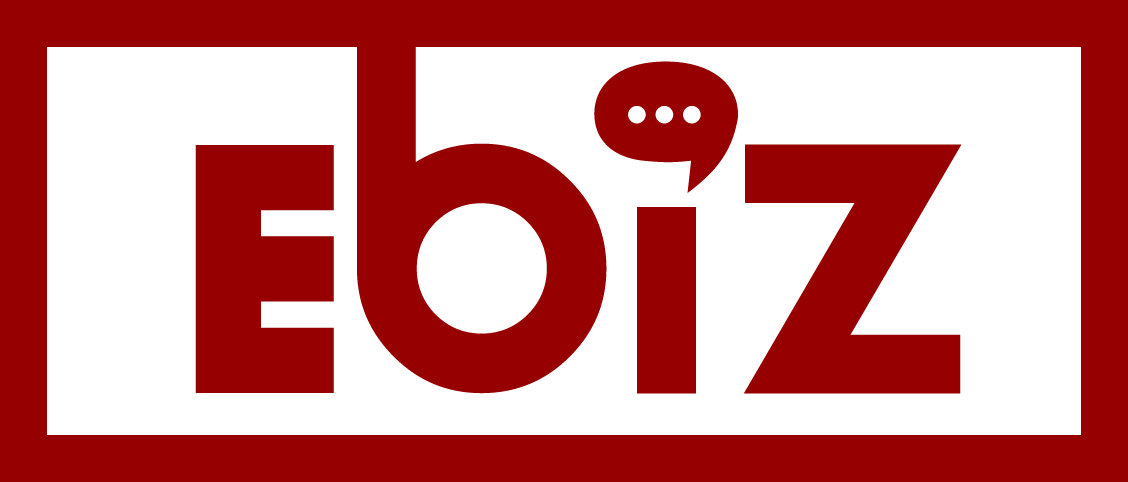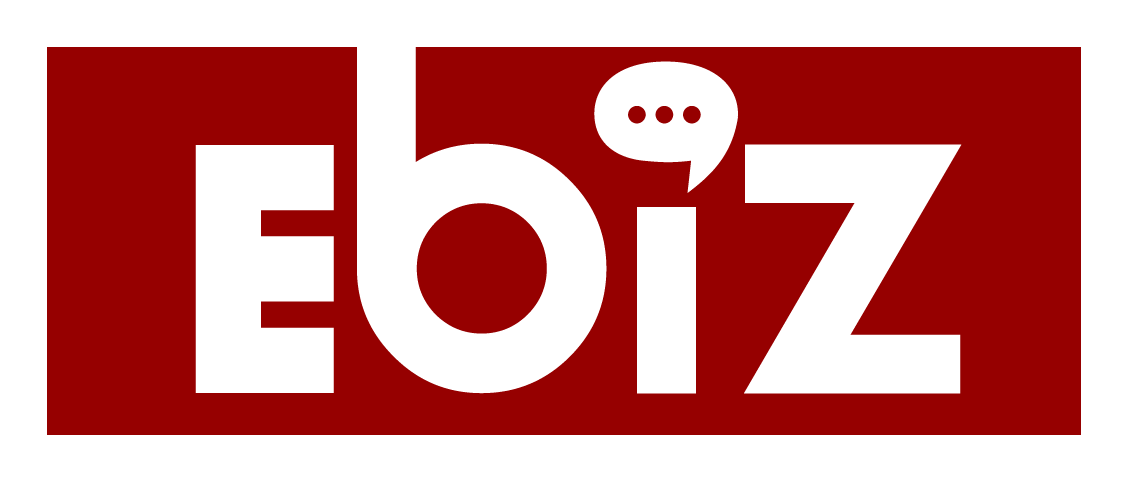Buying a franchise is an alternative to starting your business from scratch. These are the areas I will discuss:
A good way to jump start?
- What is a franchise?
- Why Franchise?
- Advantage and disadvantage of buying a franchise.
- Test to see if the Franchise opportunity is suitable for you
What is a franchise?
The simplest definition of a franchise is a business clone.
The most successful franchisors develop a system for reproducing the business to the smallest detail. When the franchisee builds a franchise, he rents the franchisor’s trademark and method of doing business which involves a standardized approach to delivering a product or service.
Many people consider buying a franchise is a short cut for starting a business because they assume the franchisor is selling business success; he or she has created a successful business, and therefore the franchise business you buy will automatically be successful, too. Thinking of franchising this way may not be right.
A franchise has three elements:
- The use of a common trade name or trademark
- The payment of an initial license fee
- The rendering of “substantial” assistance.
Use of a common name or trademark
Company can use a common trade name or trademark using many different programs which may include, any of these would be one form or another of buying into a franchise:
- and license
- partnership
- association
- distributorship
- co-operative
- joint venture
- limited partnership
Payment of an initial license fee
The fee for buying into a franchise fee can be as little as a one-time $ 500 payment, or “indirect” franchise fee payments, such as the profits derived from the sale of product or services to a “licensee”.
Rendering “substantial” assistance
When buying a franchise, the assistance the franchisor render can take the form of
- training
- and operating system
- marketing
- Purchasing event
- on-going advice
- a proprietary computer program
- helping the “licensee” develop a marketing plan
Why buy a franchise?
When a person buys a franchise, he or she is purchasing someone else’s “system”, trade name and learning curve. In return, the Franchisor receives money, normally both an Initial Franchise Fee and weekly or monthly royalties.
While there are some success stories, buying a franchise cannot be viewed as a short to business success. Not everyone is cut out to be a franchisee, so franchising comes with its advantages and disadvantages.
Advantages of Buying A Franchise
- Lower Failure Rate – When you franchise, you are buying an established concept that has reasonably been successful. There is a ready mentor and someone to hand-hold you through your initial startup years.
- Jump start – Many good franchisors provide their franchisees with all the equipment, supplies and instruction or training needed to start the business. In many cases, you also get ongoing training, and help with management and marketing. Your franchise will reap the benefit of the parent company’s national marketing campagns.
- Buying Power – Franchisees benefit from the collective buying power of the parent company as the franchisor can afford to buy in bulk and pass the savings along to franchisees. Inventory and supplies will cost less than if you were running an independent company.
Disadvantages of Buying a Franchise
- Whose Way? – To keep the image of the franchisor, franchisees are required to do everything the Franchisor’s way – right down to the table cloth colour. To some extent some franchisees feel that they have very little autonomy to their own businesses. Just part of the pains of franchising.
- High Costs – Besides the initial licensing fees, there’s the recurring royalties, a percentage of your franchise’s business revenue that will need to be paid. In additioin, many franchisors require franchisees to share their advertising and marketing costs.
- Ongoing Support – Not all franchisors offer the same degree of assistance in starting a business and operating it successfully. Some render help during the startup phase, everything after startup is up to the franchisee. Others make promises of ongoing training and support that they don’t follow up on. Ensure you make findings about how helpful a company is before you thing of franchising it.
Franchise Suitability Checklist / Test
Not sure if the franchise opportunity you have at hand is worth pursuing? The following checklist should help you decide.
- If you unable to put a tick to any of the items below, you should really rethink the franchise opportunity at hand.
- Franchise Suitability ChecklistThe Franchisor has been operating for a credible length of time.
- Are there other successful outlets?
- How many outlets of this franchisor have closed and why?
- Present outlets are successful.
- The franchise have a good name with its customers and operators
- This outlet will be successful in your area. Why?
- There are no competitors. OR The competitors in the area are not threatening.
- The Franchisor operates in an expanding market, and keeps pace with market changes.
- The Franchisor is a member of a franchise association
- You have checked the Franchisor’s latest audited accounts, and are happy with them.
- Did the Franchisor allow you to take up references on him?
- Are you happy with what the initial payment entitles you to?
- Is the liability for royalties something you can live with?
- On what conditions can/will the franchise be terminated? Are you agreeable to these?
- What will the Franchisor contract to provide? Is it value for money?
- Is the sales target set by the Franchisor achievable?
Note that franchising is not an alternative to entrepreneurship. Instead, you have to put your entrepreneurial skills into effect in the name of a well-established firm.





